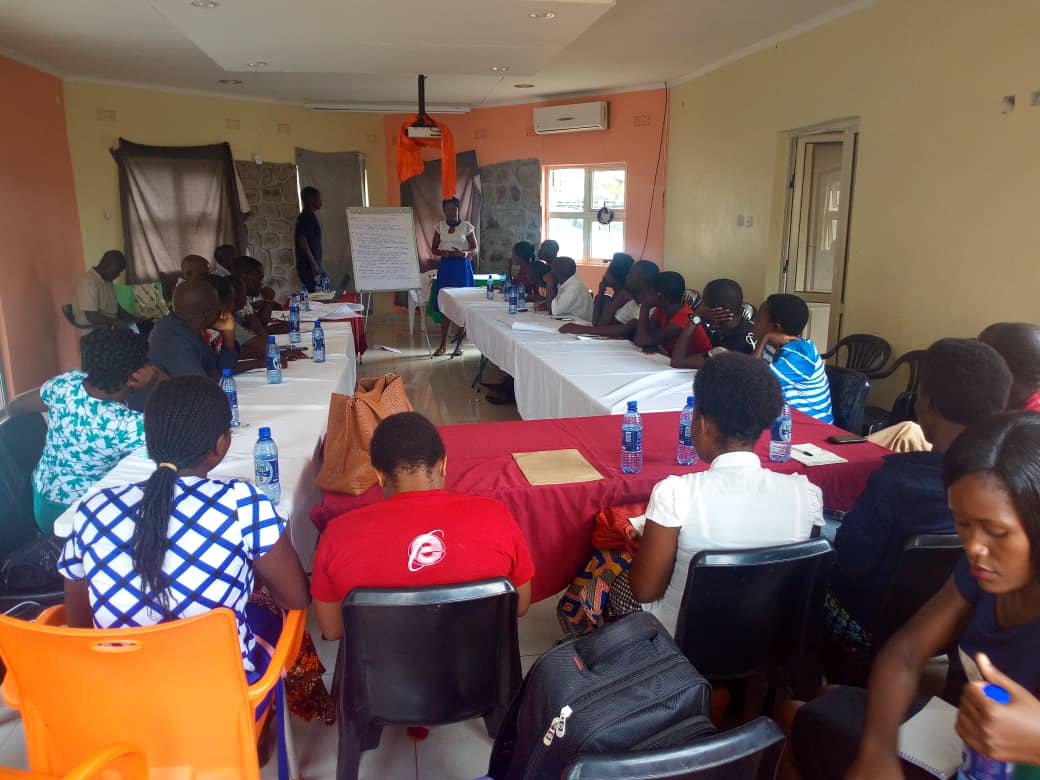
Youth of Karonga and Chitipa Call for a Holistic Approach to Health Challenges
By Louis Nkhata
The Justice and Peace Desk of Karonga Diocese with the project coined “Promotion of High Quality, Accountable and Responsive Health Service Delivery” with funding from OSISA ( Open Society Initiative for Southern Africa) held a youth conference on 2nd June, 2018.

The youth conference came at a time when out of school youth have limited platforms to participate and contribute to improving public health service delivery. The youth conference was attended by youth from Karonga and Chitipa districts covering all 10 Traditional Authorities. The youth appreciated the services provided by the numerous health service providers. However, they had a few lamentations for the public health service delivery.
The youth made an observation that flow of information from health personnel and local development committees is slow and limited. The youth recalled that in most instances, they are not given the opportunity to hold leadership positions within development committees.
For instance, the youth observed that there is only one young person in both districts who is a Vice Chairperson for Health Facility Advisory Committee (HFAC) in Nthalire. When choosing HFAC, the youth are not given a chance to participate as such the youth always remain behind. The youth expressed that because they do not have representatives in such committees, their demands are not addressed and the linkage for information from development committees to the youth is weak. The issue becomes a problem as the youth do not have the right to information on public health service delivery. However, it was expressed by other concerned citizens that “even if the youth are deliberately put in the aforementioned committees the youth mostly become rubberstamping scapegoats”.
Limited capacity of health service providers in addressing issues particular to the youth has led to more of generic approach. In other words, “one size fits all” in treating every one despite varied social differences which means different health needs. The youth thought it wise for systems to be put in place to deliberately provide proactive and reactive services to particularly address their health problems. The youth demanded that if things were to improve, more youth should be capacitated in life skills to resolve their problems.
The youth demanded that the community should be made aware that representative democracy demands that each and every committee should reflect the demographic patterns of the communities as such the youth should be deliberately included to improve the flow of information which is a precondition for informed participation.
Further, there should be more efforts from the NGOs and the District Health Office (DHO) to build the capacity of health personnel and the youth to specifically address inadequacies accelerating youth problems within the public health service delivery. In addition, the youth demanded that the DHOs of Karonga and Chitipa should strengthen their disciplinary mechanisms so that those who do not adhere to their professional oath should be answerable.
